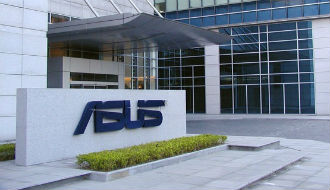The  war of words between HP and the former owner of Autonomy, Michael Lynch has ended up in a court battle in the UK.
war of words between HP and the former owner of Autonomy, Michael Lynch has ended up in a court battle in the UK.
The maker of expensive printer ink has lodged a claim in London against Lynch and a former colleague for damages of about $5.1 billion over their management of Autonomy, the company it bought in 2011.
Lynch will counter sue, seeking $149 million for loss and damage caused by HP’s accusations.
Autonomy was supposed to be the $11.1 billion centrepiece of a move to becoming a more SAP style software organisation. But a year later HP wrote off three-quarters of the British company’s value, accusing Lynch and his colleagues of financial mismanagement.
HP filed a claim against Lynch, the co-founder of Autonomy, and Autonomy’s former finance director Sushovan Hussain in the Chancery Division of London’s High Court on Monday, alleging they engaged in fraudulent activities while executives at Autonomy.
“The lawsuit seeks damages from them of approximately $5.1 billion,” the spokeswoman added.
Lynch, speaking on behalf of Autonomy’s former management, has consistently denied any impropriety, saying the loss in value of the company was down to HP’s mismanagement.
HP’s case might have been weakened by the fact that Britain’s Serious Fraud Office (SFO) said there was not enough evidence to secure a conviction of Autonomy’s former executives.



















